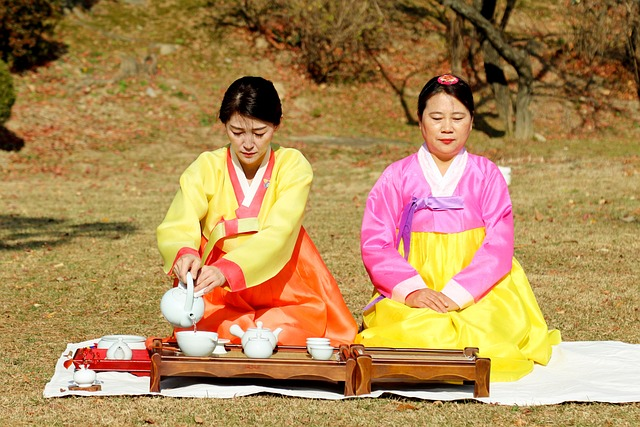Do South Korean girls marry foreigners?
Do South Korean girls marry foreigners?
Certainly! South Korean women do marry foreigners, and this trend has been increasing in recent years. The phenomenon of international marriages in South Korea reflects broader social, economic, and cultural shifts within the country. Here's an in-depth look at why and how South Korean women marry foreigners, along with some of the factors that influence these relationships.
Historical Context
Historically, South Korean society was quite homogeneous, with strong traditional values and a focus on maintaining cultural and familial heritage. Marriage within the same ethnic and national group was highly encouraged, and there was a significant emphasis on the importance of family reputation and societal expectations.
However, since the late 20th century, South Korea has become increasingly globalized. Economic development, cultural exchanges, and international exposure have led to more openness and acceptance of diverse lifestyles, including international marriages.
Trends and Statistics
In recent decades, South Korea has seen a notable rise in international marriages. According to the Korean Statistical Information Service, international marriages have grown substantially. In the early 2000s, such marriages made up about 10% of all marriages, and this figure has continued to climb. South Korean women are increasingly marrying men from various countries, including the United States, Japan, China, and other parts of Asia.
Reasons for International Marriages
Several factors contribute to South Korean women marrying foreigners:
Economic Factors: South Korea has one of the highest levels of education and workforce participation among women globally. As women gain higher education and career success, they may encounter more opportunities to meet people from different backgrounds. Economic considerations also play a role, as some women might seek stability or a different economic perspective from their partners.
Globalization and Cultural Exchange: Increased global interactions through travel, work, and media exposure have broadened perspectives. South Korean women are now more familiar with different cultures and more open to cross-cultural relationships. Globalization has made it easier to meet and connect with people from other countries, both through traditional means and online platforms.
Personal Preferences: Modern South Korean women, like their counterparts around the world, seek personal fulfillment and love. Some may find that their personal values, interests, or lifestyles align more closely with individuals from other countries. For instance, some might be drawn to partners who share similar interests or values that differ from traditional South Korean norms.
Social and Demographic Changes: South Korea faces demographic challenges such as a low birth rate and an aging population. The traditional marriage market has become more competitive, and some individuals find it more feasible to look beyond their immediate social circles.
Social and Cultural Implications
International marriages in South Korea bring various social and cultural implications:
Family Dynamics: Marriages with foreigners can introduce diverse cultural practices and values into South Korean families. While this can enrich family life, it can also present challenges in terms of blending different traditions and navigating potential cultural misunderstandings.
Societal Acceptance: Although international marriages have become more common, societal acceptance can still vary. Some families and communities might initially react with skepticism or resistance due to traditional values or concerns about cultural assimilation.
Legal and Administrative Challenges: Marrying a foreigner often involves navigating complex legal and administrative processes, such as obtaining visas, understanding different legal systems, and dealing with potential language barriers. This can be a significant consideration for South Korean women and their foreign spouses.
Success Stories and Challenges
Many South Korean women who marry foreigners have positive experiences and successful relationships. They benefit from the diversity and new perspectives that their partners bring. These marriages often serve as a bridge between cultures, fostering mutual understanding and respect.
However, challenges do exist. Cross-cultural marriages may face difficulties related to language differences, cultural misunderstandings, and adjustments to new social norms. Successful international marriages often require strong communication skills, patience, and a willingness to learn and adapt.
Conclusion
In summary, South Korean women do marry foreigners, and this trend reflects broader societal changes towards globalization and cultural exchange. While traditional values still play a role in South Korean society, increasing international interactions and evolving personal preferences are contributing to a growing acceptance of cross-cultural relationships. As South Korea continues to integrate more deeply into the global community, the pattern of international marriages is likely to become even more prevalent, enriching the country's social fabric and contributing to a more diverse and interconnected world.




Comments
Post a Comment